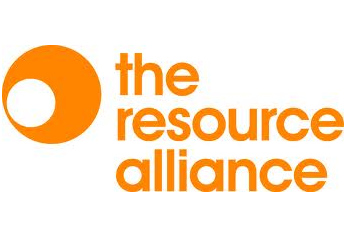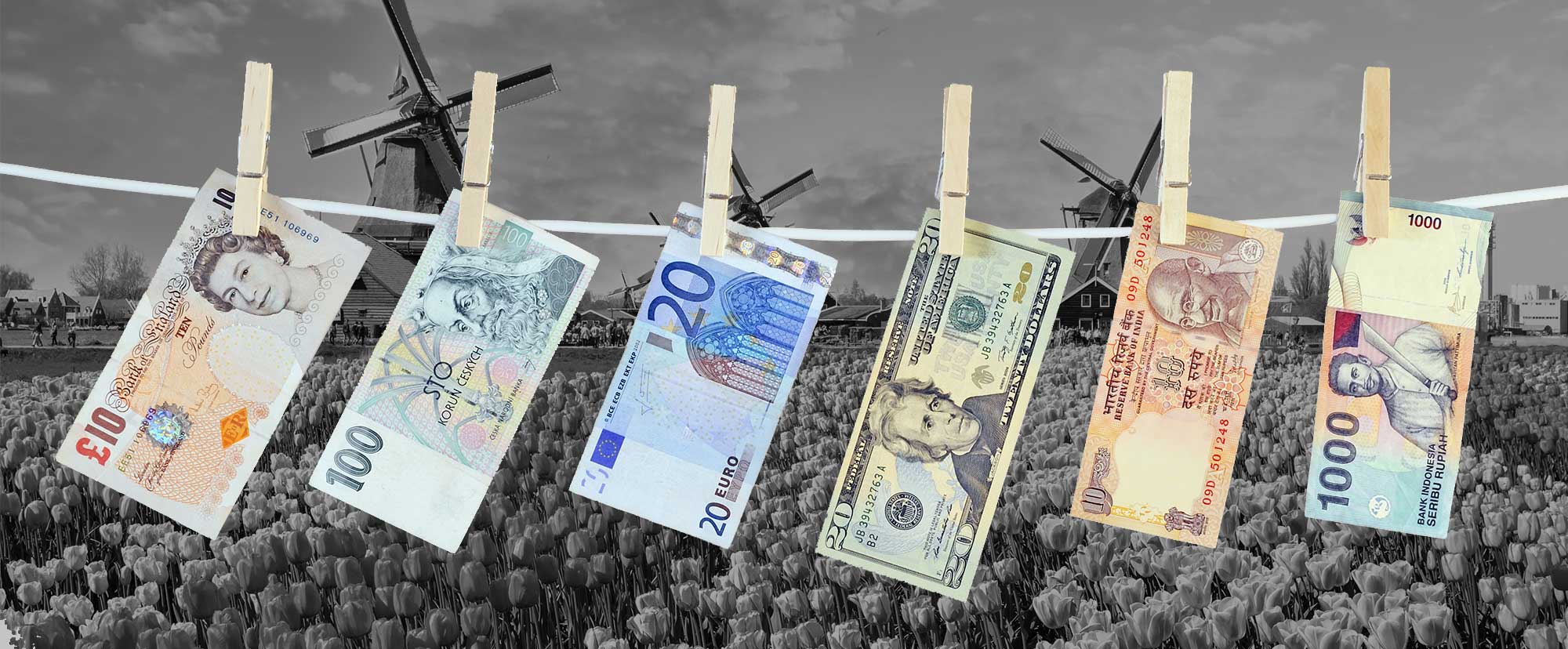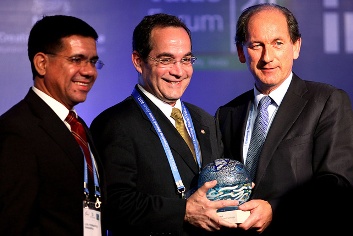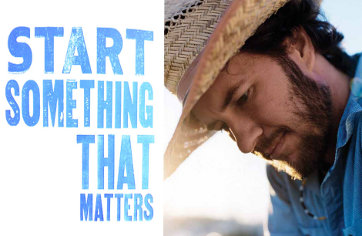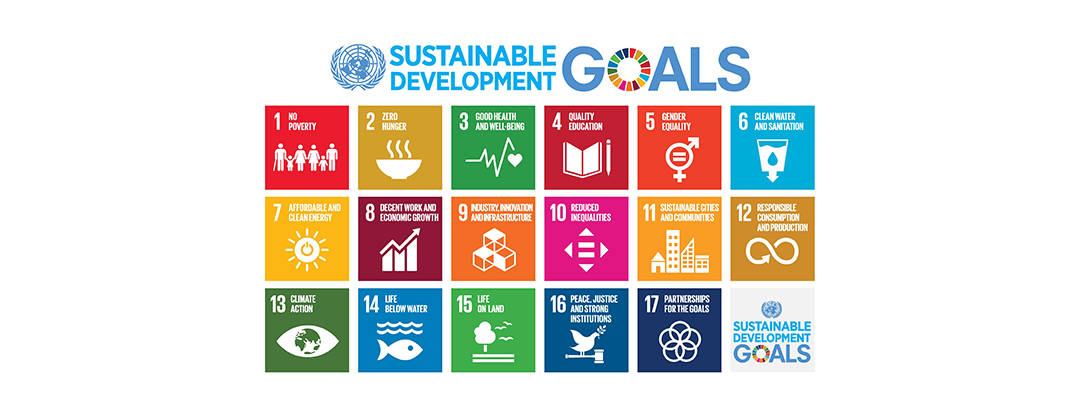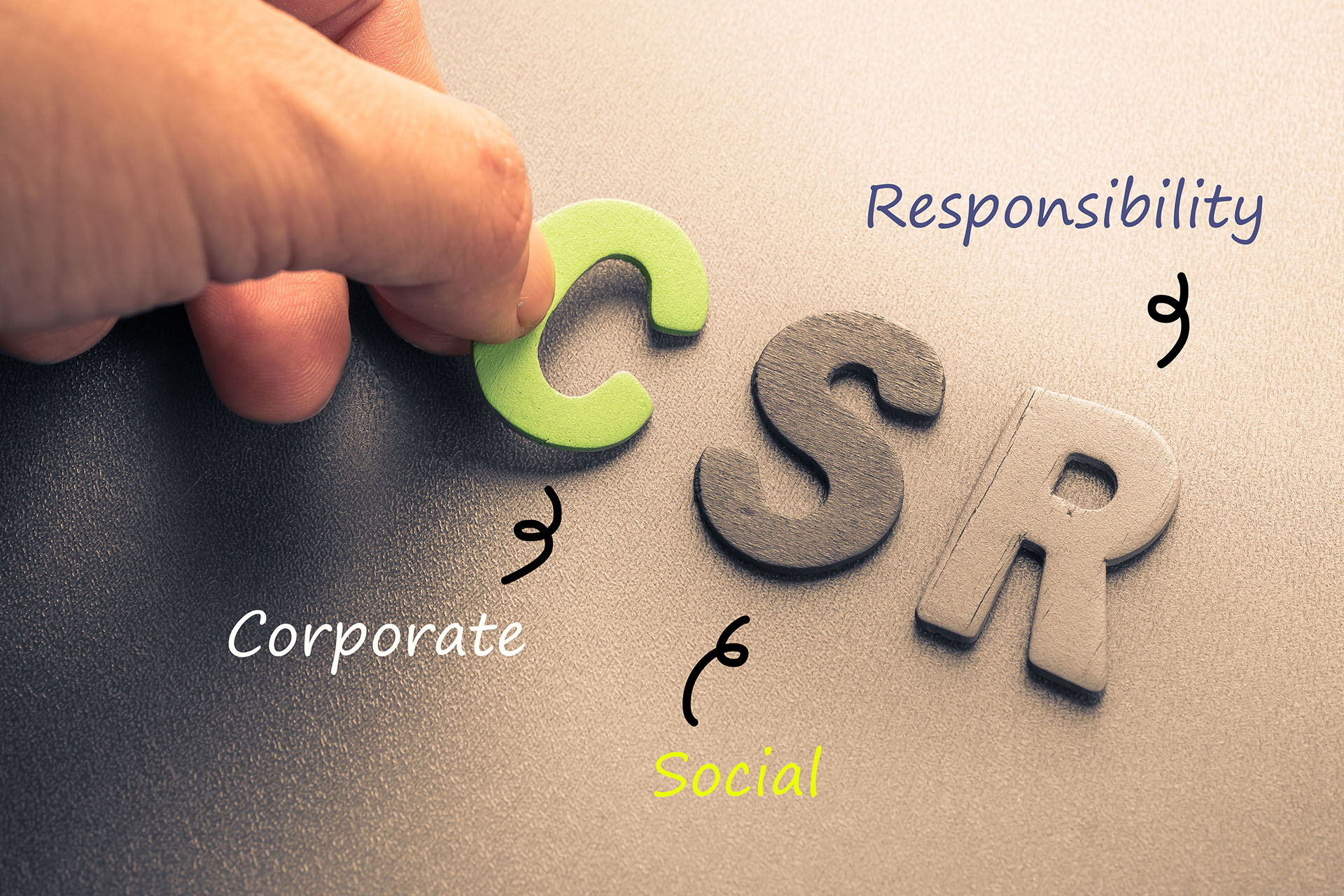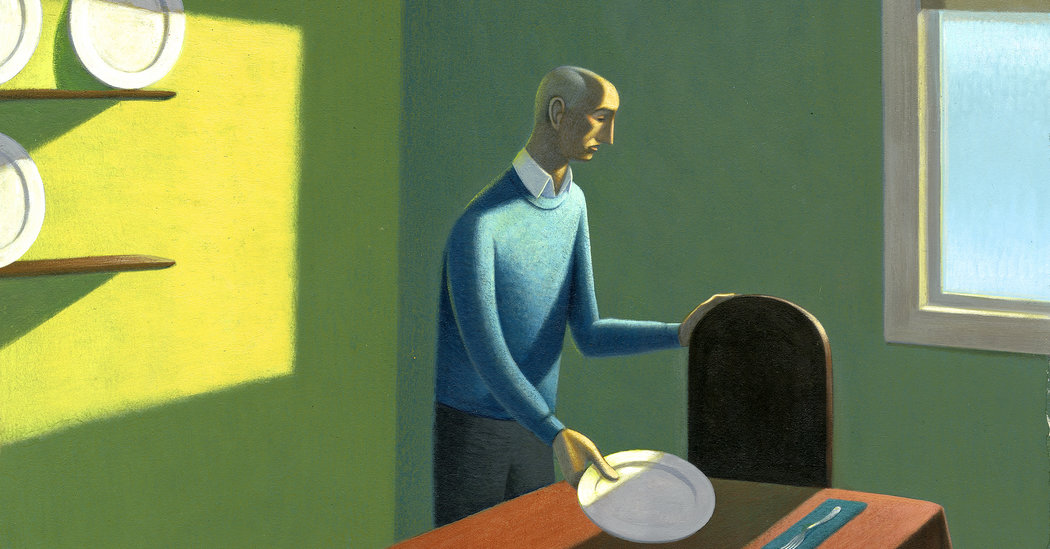Banks are hardly the most popular institutions in Western developed countries right now among both individuals and small businesses. Insurers don’t rank much higher. However, the 2.5 billion people who do not have access to bank accounts, loans and insurance might think differently – especially if the access that they do gain is much more benign than the way that banks and insurers in the West have traditionally treated their customers. The Grameen Bank is a Nobel Peace Prize-winning microfinance organization and community development bank founded in Bangladesh. It makes small loans (known as microcredit or “grameencredit”) to the impoverished without requiring collateral. The name Grameen is derived from the word gram which means “rural” or “village” in the Sanskrit language. Micro-credit loans are based on the concept that the poor have skills that are under-utilized and, with incentive, they can earn more money. A group-based credit approach is applied to use peer-pressure within a group to ensure the borrowers follow through and conduct their financial affairs with discipline, ensuring repayment and allowing the borrowers to develop good credit standing. The bank also accepts deposits, provides other services, and runs several development-oriented businesses including fabric, telephone and energy companies. The bank’s credit policy to support under-served populations has led to the overwhelming majority (96%) of its borrowers being women. Grameen Bank originated in 1976, in the work of Professor Muhammad Yunus, professor at University of Chittagong, who launched a research project to study how to design a credit delivery system to provide banking services to the rural poor. Based on his positive results, in October 1983 the Grameen Bank was authorized by national legislation as an independent bank. In 2006, the bank and its founder, Muhammad Yunus, were jointly awarded the Nobel Peace Prize. In 1998 the Bank’s “Low-cost Housing Program” won a World Habitat Award. A dialogue on inclusion
Related Articles
Often, it all depends on finding the right bank
Belgium : Sebastian Stodulka writes at OLBIOS about the need to strike the right balance between sustainability and socially-committed policies
never reached more than 2 billion people
the work of the Resource Alliance
Recovering billions that are earned illegally or laundered in Germany
Christoph Trautvetter, Director of Netzwerk Steuergerechtigkeit, argues that fighting money laundering is as important as development aid
starting from the democracy and basic business skills
the buy-one-give-one-model
Cameron Goldie-Scot and the Musoni services
Making SDGs work: A private sector perspective
Germany: Julian Bents, CEO & Founder of Tomorrow is Now, shows how current corporate efforts towards achieving Sustainable Development Goals, while admirable, leave much to be desired
Beneath the Surface of corporate responsibility: Data-Driven CSR
Adam Nathan, CEO of The Bartlett System and Akash Gai, Managing Director of Development3, share their insights on the importance of linking CSR strategies with data.
How can we face growing levels of poverty?
Italy: Davide Carimati reports on the exemplary project Insieme
![]()
STAY IN TOUCH
SUBSCRIBE TO OUR NEWSLETTER
AND RECEIVE OUR LATEST STORIES



